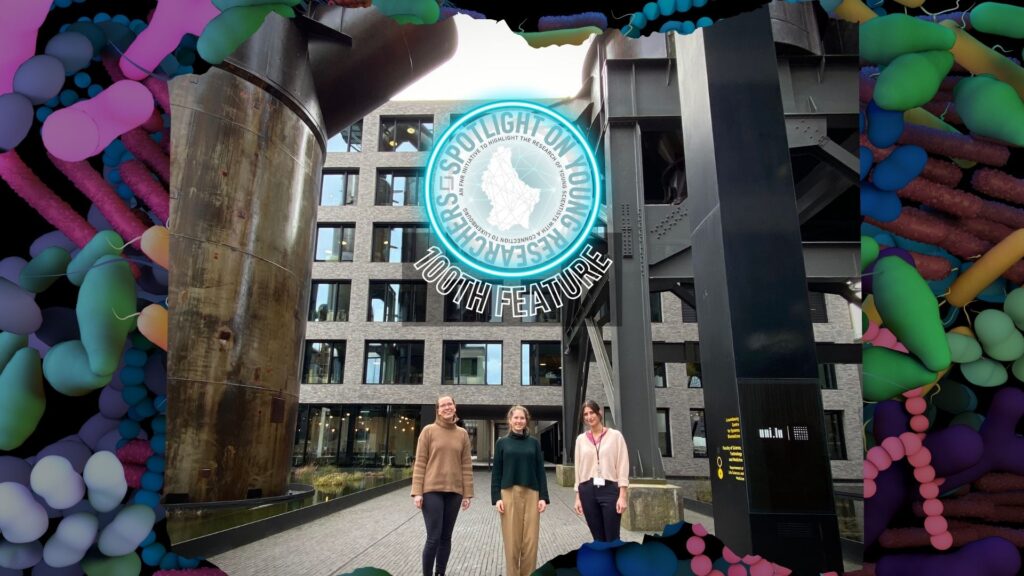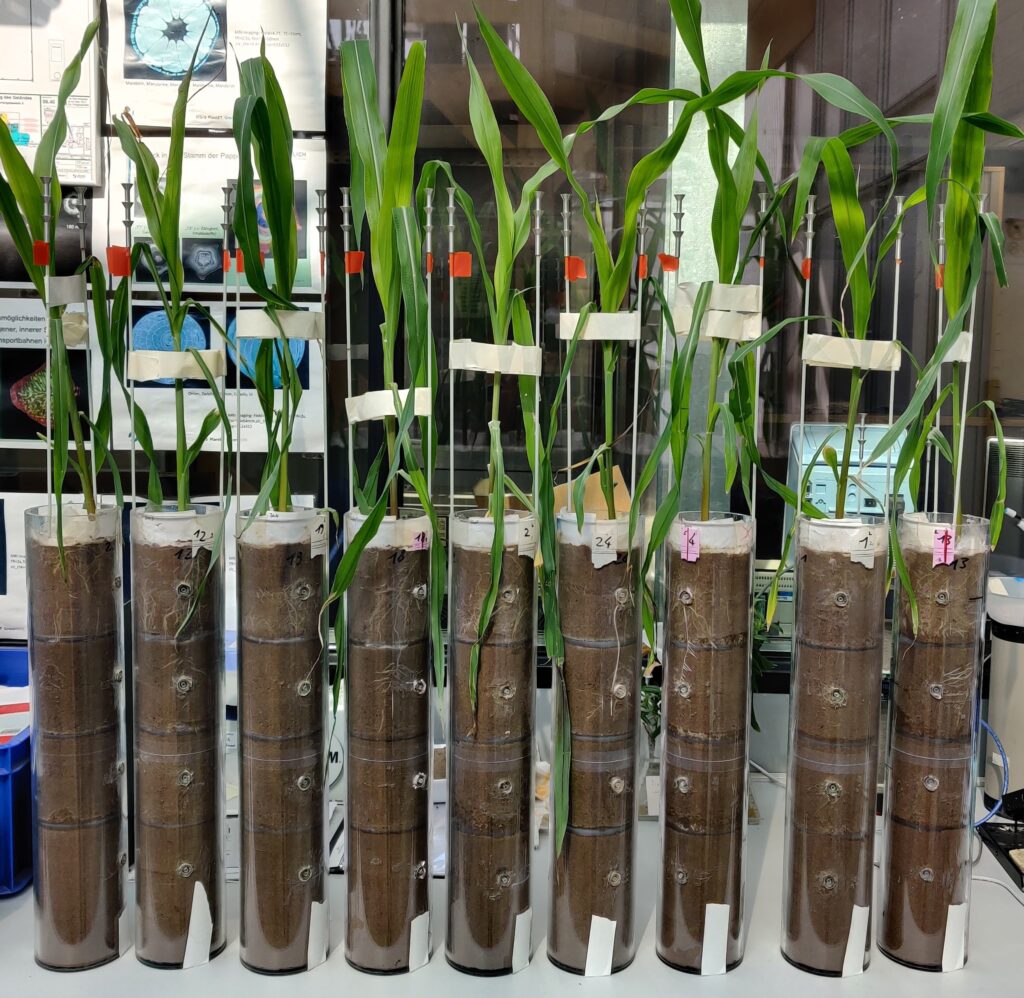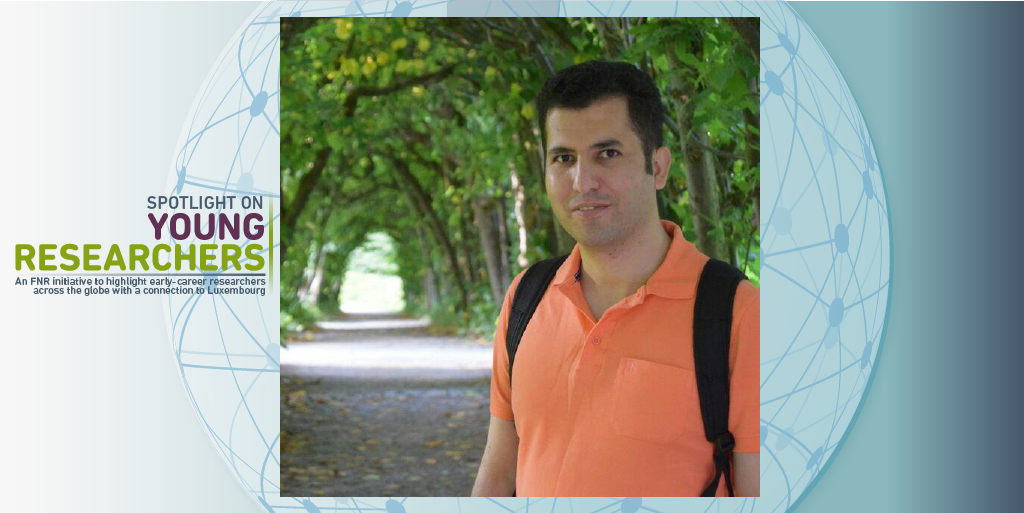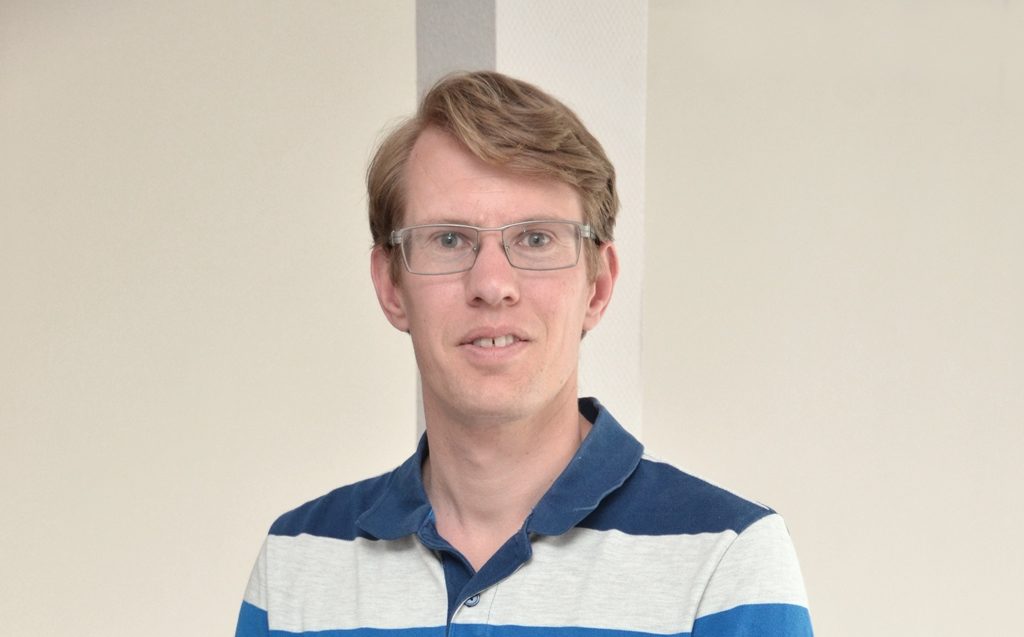
Pit Ullmann’s interest in natural sciences was piqued in high school. The Luxembourg national went on to study molecular biology at the University of Innsbruck and then found himself desiring a job that would be both interdisciplinary and diversified – fast forward and Pit is now completing his AFR PhD at the University of Luxembourg, where his research group studies why and how colon cancer develops and spreads.
Deciphering how colon cancer develops and why it spreads
Colon cancer is the second most common cancer in Europe as well as the second most common cause of cancer-related death on the continent[1]. Most deaths from the disease are related to metastasis – when the cancer spreads to other parts of the body.
“In the scope of my PhD project, I was mainly focusing on the effects of hypoxia (i.e. low oxygen concentrations) on the growth behaviour of tumour cells. I was trying to understand if/why/how oxygen availability influences the development of colon cancer.”
In a second part of his PhD project, Pit studied how colon cancer metastasises. In both the first and second part of his project, Pit’s focus was on microRNAs – tiny molecules that regulate gene expression: ”I was trying to understand how they regulate colon cancer initiation and progression, as well as metastatic spreading of the disease”, adding:
“Altogether, my research aims at a better understanding of the disease and the identification of potential molecular targets for the development of novel therapeutic strategies.”
Working in close collaboration with Luxembourgish hospitals
Most research projects related to the medical field rely on patient samples. Pit explains that one of the interesting aspects of his project was working with fresh patient material, such as tumour biopsies or blood samples:
“In order to obtain our research samples, we have to work in close collaboration with different Luxembourgish hospitals and partner institutions, such as the Integrated Biobank of Luxembourg. The use of patient material thereby ensures great proximity to practice and allows us to test our findings in a clinically relevant setting.”
Keeping informed about new developments and communicating your own
When asked what a typical day looks like for him, Pit says that there is no such thing in research, and that any regular tasks change in line with the stage of the project.
He does, however, stress the importance of staying up to date with the latest discoveries in your field – and talking about your own, which he explains is mainly done “at conferences, talks and presentations, teaching lessons, scientific posters and publications, short and long articles, and last but not least writing of a thesis at the end of the PhD project!”

A future in research in Luxembourg
Pit is happy he returned to Luxembourg to do complete his studies and to do his PhD – and he will not stop there. Pit has just defended his PhD and is now about to embark on a Postdoc, where he will extend his work to the tumour ‘microenvironment’ – e.g. non-cancerous cells that surround the tumour.
Overall, Pit hopes that his work during his career as a researcher will contribute to a better understanding of colon cancer, and ultimately that this will help bring about new treatments or prevention strategies. And he wants to do it in Luxembourg:
“Being originally from Luxembourg and after having spent a couple of years abroad for my studies, I really enjoy living and working in my home country, close to my friends and family.
“I would like to establish myself here in Luxembourg and help advance the field of biomedical research in our country. I am also convinced that the (biomedical) research activity in Luxembourg has an exciting future ahead – and I would like to contribute to its success.”
Pit also mentions that returning to Luxembourg also brought personal joy in that he fell in love after returning home to Luxembourg: “In terms of unexpected and promising results, the most interesting find that I’ve made during my PhD probably is my life partner – she was also doing a PhD at the University of Luxembourg at the time we met!”
[1] http://www.crcprevention.eu/index.php?pg=colorectal-cancer-epidemiology
Published 16 March 2017
About Spotlight on Young Researchers
Spotlight on Young Researchers is an FNR initiative to highlight early career researchers across the world who have a connection to Luxembourg. This article is the second in a series of around 20 articles, which will be published on a weekly basis. You can see more articles below as and when they are published.







